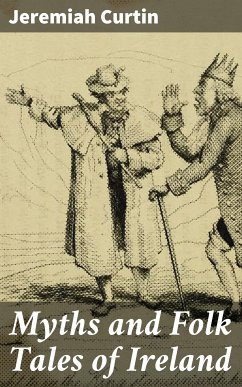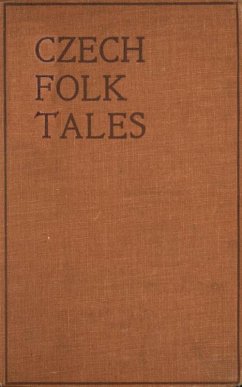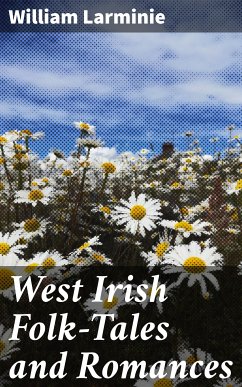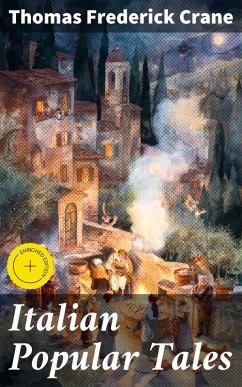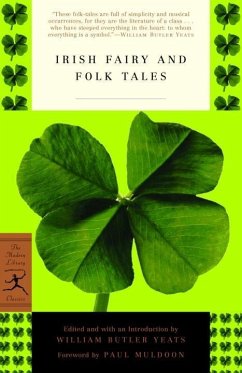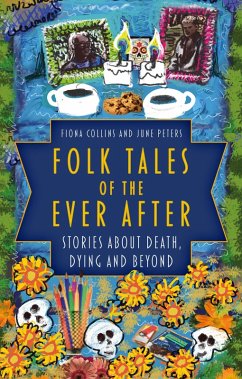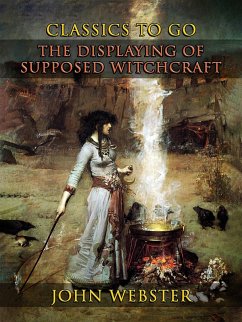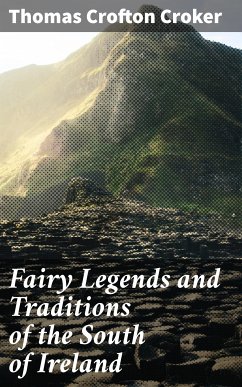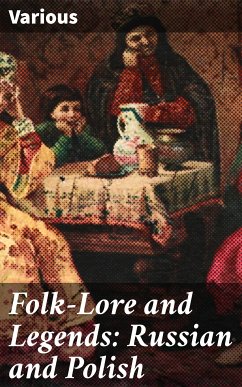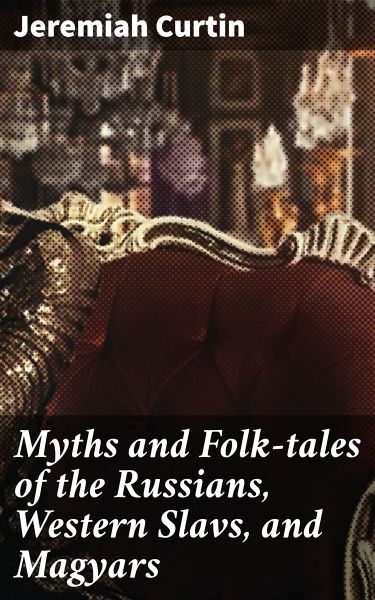
Myths and Folk-tales of the Russians, Western Slavs, and Magyars (eBook, ePUB)
Enriched edition. Exploring Slavic and Hungarian Folklore and Myths
Kommentar: Langley, Paige / Redaktion: Good Press
Versandkostenfrei!
Sofort per Download lieferbar
0,49 €
inkl. MwSt.
Weitere Ausgaben:

PAYBACK Punkte
0 °P sammeln!
In "Myths and Folk-tales of the Russians, Western Slavs, and Magyars," Jeremiah Curtin presents a fascinating compendium of narratives that reflect the rich cultural tapestry of Eastern European folklore. The book meticulously collects and translates tales that traverse generations, showcasing a narrative style that blends vivid imagery with a deep-rooted understanding of the oral tradition. Curtin situates these myths within their historical and cultural contexts, revealing insights into the values, beliefs, and communal identity of the Slavic and Magyar peoples. Through his careful attention...
In "Myths and Folk-tales of the Russians, Western Slavs, and Magyars," Jeremiah Curtin presents a fascinating compendium of narratives that reflect the rich cultural tapestry of Eastern European folklore. The book meticulously collects and translates tales that traverse generations, showcasing a narrative style that blends vivid imagery with a deep-rooted understanding of the oral tradition. Curtin situates these myths within their historical and cultural contexts, revealing insights into the values, beliefs, and communal identity of the Slavic and Magyar peoples. Through his careful attention to detail, the text serves not just as a collection of stories but as a scholarly exploration of folklore as a vital component of cultural heritage. Curtin, an American author and ethnographer deeply invested in the traditions of Central and Eastern European cultures, draws upon his extensive travels and firsthand experiences in the region to inform his work. His passion for preserving these tales stems from an appreciation for the subtle beauty and moral lessons embedded in folklore, promoting understanding and respect for cultural diversity. Curtin's engagement with local storytellers and scholars adds authenticity and a personal touch to his translations. Readers interested in folklore, anthropology, or Slavic studies will find "Myths and Folk-tales of the Russians, Western Slavs, and Magyars" to be an essential addition to their libraries. This book not only provides invaluable stories that enchant audiences of all ages but also fosters a deeper appreciation of the cultural significance of folklore. Through Curtin's deft storytelling, modern readers are invited to explore the timeless themes of heroism, love, and morality that continue to resonate today. In this enriched edition, we have carefully created added value for your reading experience: - A succinct Introduction situates the work's timeless appeal and themes. - The Synopsis outlines the central plot, highlighting key developments without spoiling critical twists. - A detailed Historical Context immerses you in the era's events and influences that shaped the writing. - A thorough Analysis dissects symbols, motifs, and character arcs to unearth underlying meanings. - Reflection questions prompt you to engage personally with the work's messages, connecting them to modern life. - Hand-picked Memorable Quotes shine a spotlight on moments of literary brilliance. - Interactive footnotes clarify unusual references, historical allusions, and archaic phrases for an effortless, more informed read.
Dieser Download kann aus rechtlichen Gründen nur mit Rechnungsadresse in A, B, BG, CY, CZ, D, DK, EW, E, FIN, F, GR, H, IRL, I, LT, L, LR, M, NL, PL, P, R, S, SLO, SK ausgeliefert werden.




